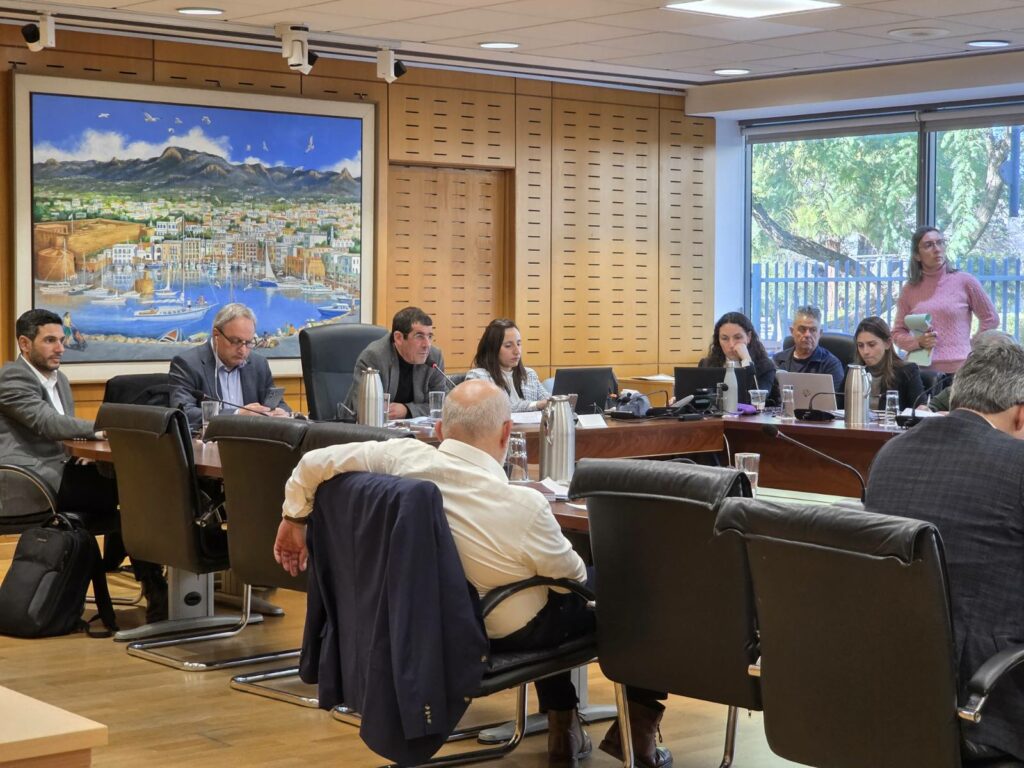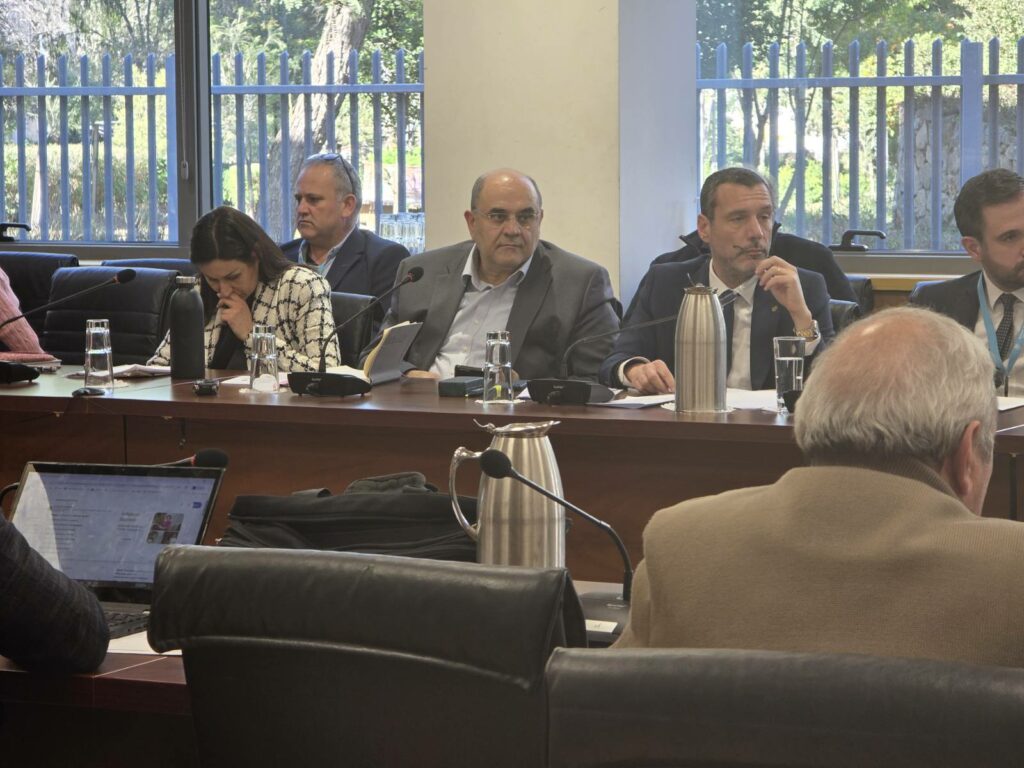According to recent data released by Cystat, Cyprus witnessed a robust 4.2 percent increase in total motor vehicle registrations during the first ten months of 2025, climbing from 42,930 to 44,732 units. This growth underscores the island nation’s evolving automotive landscape as consumer demand shifts towards greener technologies.
Rising Demand For Low-Emission Technologies
The report highlights that passenger saloon car registrations grew by 4.0 percent, reaching 34,782 units. A notable detail is that 37.2 percent of these vehicles are brand new, while the remaining 62.8 percent are pre-owned. Moreover, rental car registrations surged by an impressive 33.8 percent to 4,866 units. Such trends indicate that both individuals and businesses are increasingly favoring environmentally friendly vehicle options.
Follow THE FUTURE on LinkedIn, Facebook, Instagram, X and Telegram
Hybrid And Electric Models Gain Ground
A deeper dive into the data reveals a discernible consumer tilt away from traditional fuels. The market share of petrol-powered passenger cars dropped to 42.5 percent from 49.5 percent, with diesel models also receding to 8.6 percent from 10 percent. In contrast, electric cars experienced a modest growth from 3.8 percent to 4.8 percent, and hybrids soared from 36.7 percent to 44.1 percent. Nearly half of all new passenger saloon car registrations thus comprise hybrid or fully electric models, a milestone that signals Cyprus’ commitment to low-emission mobility.
Growth Across Commercial Vehicle Segments
Commercial segments were not left behind. Motor coaches and buses increased from 125 to 167 units, while the goods conveyance category expanded by 6.6 percent, reaching 5,142 units. Within this segment, rental vehicles, light goods vehicles, and heavy goods vehicles recorded gains of 23.3 percent, 6.6 percent, and 3.1 percent respectively. Notably, road tractors maintained steady numbers, and motorcycles over 50cc increased by 17.0 percent, reflecting diversified growth across all vehicle types. Conversely, mopeds under 50cc saw a significant decline, falling from 627 to 190 units.
October 2025: A Snapshot Of Accelerated Growth
Focusing on October 2025, total vehicle registrations reached 4,520—a 9.9 percent increase from October 2024’s 4,111 units. Passenger saloon cars alone spiked by 11.7 percent, further underscoring the sustained momentum of the market.
Conclusion: Steering Towards A Sustainable Future
The latest figures clearly indicate that consumer preferences in Cyprus are undergoing a powerful transformation, increasingly favoring hybrid and electric vehicles over traditional petrol and diesel models. This shift not only supports the nation’s environmental goals but also positions Cyprus’ automotive market at the forefront of low-emission innovation in the region.









